
The emerging IoT revolution promises to impact almost every aspect of modern society. In an IoT setting, sensors help create a fine-grained digital representation of the evolving physical world. This can be used to implement new functionalities and/or bring transformative improvements to existing systems. Central to IoT applications is the data management technology that can represent, store, transform, and query sensor data. Given the importance of IoT, the data management community has been focusing on meeting the volume, velocity, veracity, variety, and virtualization needs of IoT data.
However, the fine-grained monitoring enabled by IoT also raises significant concerns about the data collector being able to infer properties such as religious beliefs, gender, and personal habits of individuals among others, which individuals may not be comfortable sharing. The existing behavior of IoT devices and systems contradicts the increasing expectations of privacy with respect to the new legislations emerging worldwide (such as Europe’s GPDR and California’s CCPA). The success and adoption of IoT data management systems depends on integrating privacy, security, and trust protections into them to protect the user data.
The goal of this workshop is to help bridge the gap between two research communities ---- Security and Privacy Researchers, IoT Data management Researchers --- both from industry and academia. Additionally, the workshop would be an opportunity to bring privacy legislators and developers of modern data management systems into this important conversation.
Contributing to ASTRIDE 2023:
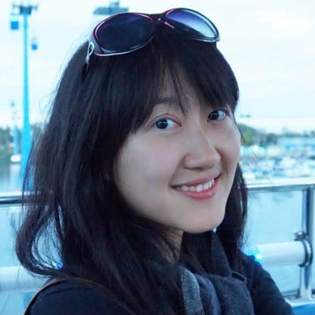
Assistant Professor, University of Waterloo
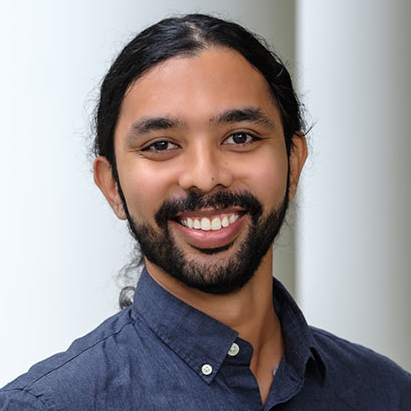
Postdoctoral Scholar, Pennsylvania State University
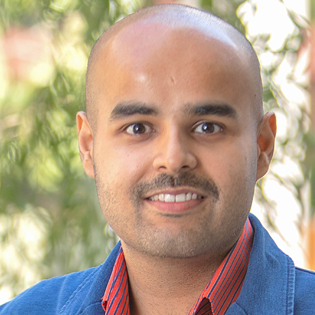
Assistant Professor, New Jersey Institute of Technology

Assistant Professor, University of Maryland, Baltimore County
With advances in machine learning (ML) for time-series data, IoT designers now have several tools at hand to classify and cluster data, identify anomalies, and forecast physical quantities in their system. However, a key drawback of ML is that typical algorithms, especially those relying on deep and recurrent neural networks, are not generally interpretable. To address this issue, we propose the use of a set of techniques that use temporal logic to solve some of the above problems. We also introduce a new language called shape expressions that allow us to express interesting patterns in signals and discuss algorithms to monitor shape expressions in real-time and learn these expressions from data. We show the efficacy of our techniques on real-world data gathered from IoT systems in the autonomy and healthcare domains.
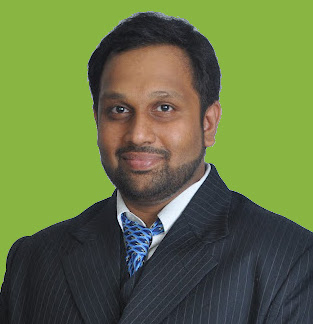
Jyotirmoy (Jyo) Deshmukh is an associate professor in the Department of Computer Science at the Viterbi School of Engineering, University of Southern California. Before joining USC, Jyo worked as a principal research engineer at Toyota R&D. He was a Computing Innovation postdoctoral fellow at the University of Pennsylvania. He received his Ph.D. from the University of Texas at Austin. Jyo is the recipient of the 2021 NSF CAREER award and the 2021 Amazon Faculty Research Award.
The computing paradigms that support data-intensive edge and IoT applications have been radically transformed many times in the past few decades. In this talk, we will take a closer look at these transformations to have a better understanding of the patterns that drive them. With this understanding, we project how computing evolves to shape the new transformation in computing. We will observe how cloud computing is evolving to be more distributed and decentralized beyond traditional data centers and how many emerging technologies -- such as blockchain and serverless -- are precursors to this new computing paradigm. Getting ready for this transformation in computing requires reevaluating and redesigning current data management principles. I will talk about some of our work at UCI EdgeLab to achieve this goal. This includes our work on AnyLog to build a distributed and decentralized data infrastructure for the Global-Scale Edge.
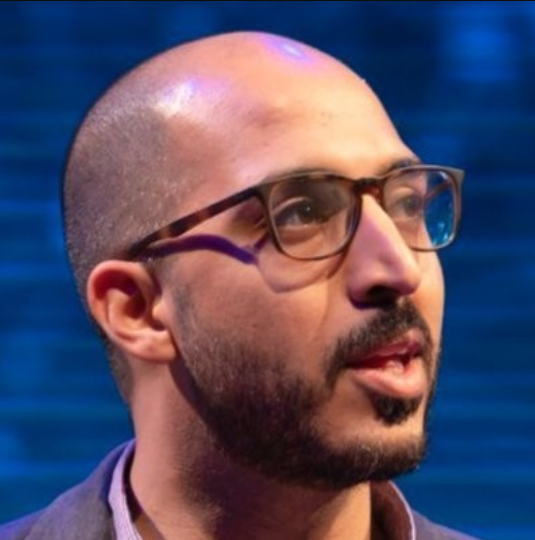 Faisal Nawab is an assistant professor in the computer science department at the University of California, Irvine. He is the founder and director of EdgeLab, which is dedicated to building Big Data and distributed systems for blockchain and Internet of Things (IoT) applications. His research focuses on developing data infrastructure for edge and IoT applications through various distributed data management projects, working closely with industry leaders such as Meta (formerly known as Facebook) and Roblox, as well as startups such as AnyLog. Prof. Nawab has received recognition for his work, winning the prestigious "Next-Generation Data Infrastructure" award from Facebook and being named the runner-up for the IEEE TEMS Blockchain Early-Career Award. He has also published his research in top-tier conferences and journals in his field.
Faisal Nawab is an assistant professor in the computer science department at the University of California, Irvine. He is the founder and director of EdgeLab, which is dedicated to building Big Data and distributed systems for blockchain and Internet of Things (IoT) applications. His research focuses on developing data infrastructure for edge and IoT applications through various distributed data management projects, working closely with industry leaders such as Meta (formerly known as Facebook) and Roblox, as well as startups such as AnyLog. Prof. Nawab has received recognition for his work, winning the prestigious "Next-Generation Data Infrastructure" award from Facebook and being named the runner-up for the IEEE TEMS Blockchain Early-Career Award. He has also published his research in top-tier conferences and journals in his field.
All times are PST




Introductions

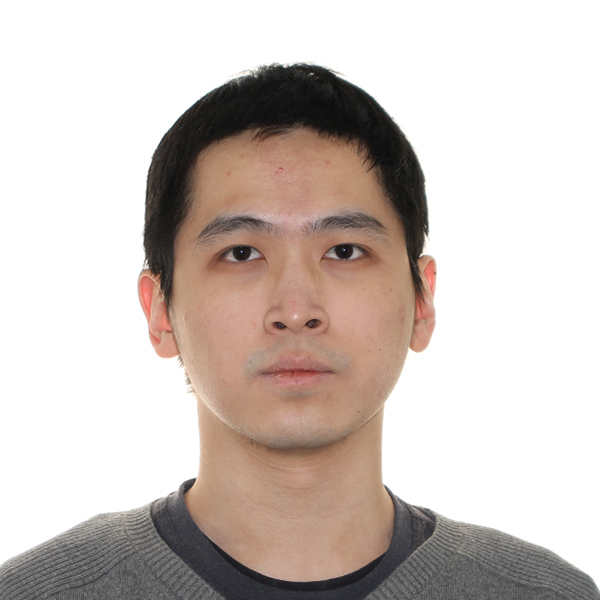
He Gu (University of Oslo), Thomas Plagemann (University of Oslo), Maik Benndorf (University of Oslo), Vera Goebel (University of Oslo), Boris Koldehofe (University of Groningen)
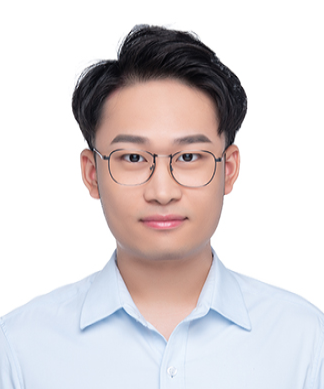
Xiaoyu Li (Kyoto University), Yang Cao (Hokkaido University), Masatoshi Yoshikawa (Kyoto University)

Rick Lin (Morrison Academy), Verna Fu (Taipei European School)

Elisha Tseng (Wagor International School), Kate Tseng (Wagor International School)

Lalithsai Posam (Evergreen Valley High School), Faisal Nawab (University of California, Irvine)

Raghav S Mehrotra-Venkat (University High School), Siddhanth Kumar (Northwood High School), Subhash Prasad (Irvine High School), Rithwik Kerur (University of California, Irvine)


Vishesh Kumar Tanwar (Missouri University of Science and Technology), Ashish Gupta (Missouri University of Science and Technology, Rolla), Sanjay Kumar Madria (Missouri University of Science & Technology), Sajal K. Das (Missouri University of Science and Technology)

Dmitry Prokhorenkov (Technical University of Munich)
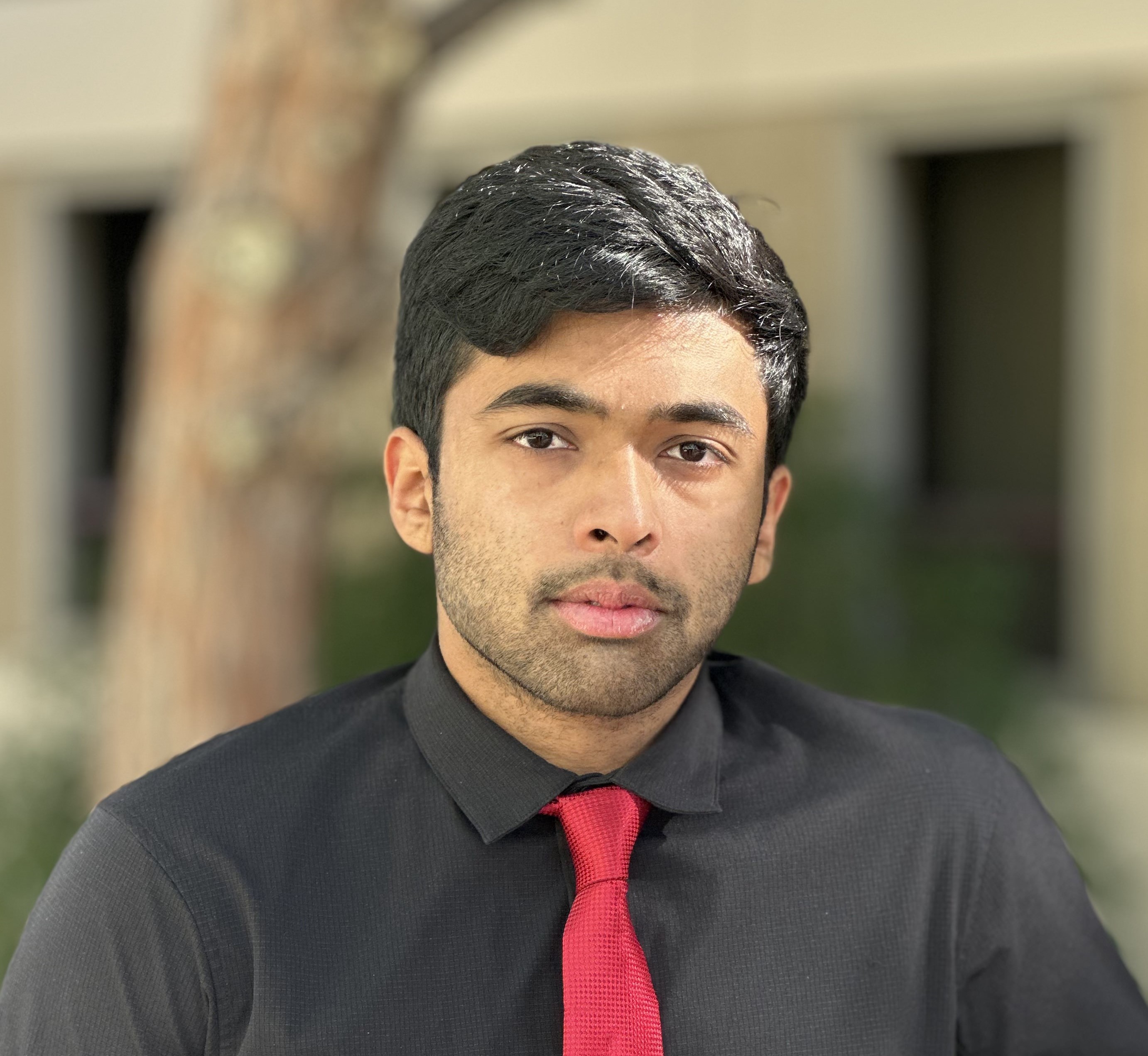
Rithwik Kerur (University of California, Irvine), Yiming Lin (University of California, Irvine)

Swagnik Roychoudhury (New York University), Akshaj Kumar Veldanda (New York University)
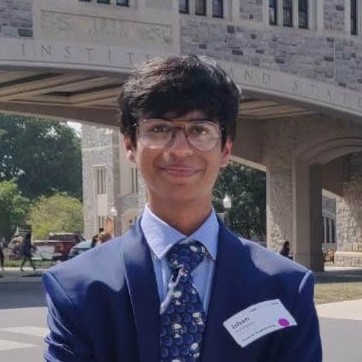
Ishan Varshney (University of California, Irvine), Nada Lahjouji (University of California, Irvine), Modeste Kenne (University of California, Irvine)

Salvatore G Spena (New Jersey Institute of Technology)




Closing remarks, UGrad/K-12 Competition award ceremony
Topics of interest include, but are not limited to:
* Secure hardware for IoT data management
* Model-based security systems engineering
* Understanding dependencies among security, reliability,and safety in CPS/IoT
* High-assurance security architectures
* Intrusion and anomaly detection
* Secure and privacy-preserving sensor data outsourcing
* Privacy-by-design of IoT data management systems
* Differentially private computing
* Privacy-preserving machine learning and federated learning and analytics
* Privacy regulations (GDPR, CCPA, CalOPPA) and their impact on IoT systems
* Privacy-Preserving Data Analysis in IoT Systems
* Inference control and access control policies
* Authentication
* Blockchain-based systems
* Identity and access management
* Security, privacy, and utility metrics
* Application/use-cases in healthcare, environment, transportation, energy, etc.
The ASTRIDE workshop is hosting a research competition for Undergrad/K-12 students with prizes to the best contributions. The Undergrad/K-12 Research Competition is a forum for undergraduate and K-12 students to showcase their research, exchange ideas, and receive feedback from senior researchers in the field. The Undergrad/K-12 Research Competition has the following goals for junior scholars:
* Share their research ideas and prototypes at the ASTRIDE/ICDE forum to gain visibility to their work.
* Meet and interact with attendees at both ASTRIDE and ICDE, share ideas and gain insights about what research in the data management / privacy/security / IoT communities.
* Receive feedback from senior members of industry and academia about their research and presentation.
* Be recognized and rewarded for outstanding undergrad/K-12 student research.
A submission to the Student Research Competition should describe recently completed or ongoing student research in any of the topic areas covered by ASTRIDE 2023. A group of authors who worked together on a project can submit their research with all their names on it, but the leading author must be an undergraduate/K-12 student (depending on the selected category). Faculty advisors can be part of the author list of a submission. Submissions should be original work that is neither in submission elsewhere nor already published in another conference or journal.
Submit your original work to the submission site the submission site https://cmt3.research.microsoft.com/ASTRIDE2023. All paper submissions should be written in English with a maximum paper length of four (4) printed pages in IEEE format without references templates are available at the ICDE 2023 submission guidelines page). Video submissions are encouraged along with paper but not compulsory. Accepted submissions will be included in the open proceedings of the workshop.
A jury of experts will evaluate the work based on the following: